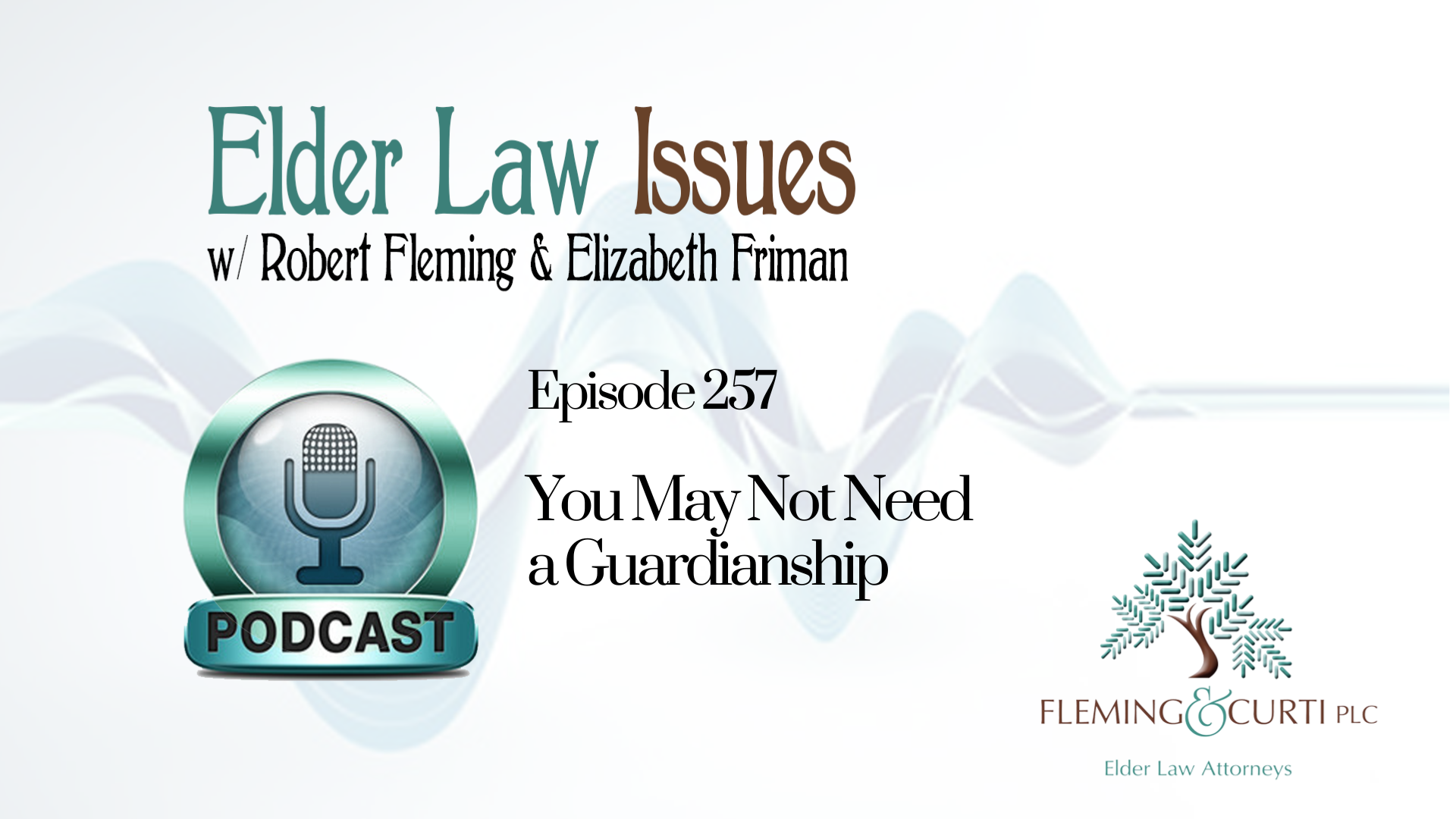Special Needs Planning
Special needs planning is an area of law that can create solutions and added support for people living with disabilities, including those people who may struggle with the effect of mental illness and substance abuse. Planning ahead to make sure that medical and financial support is in place is one way to ensure that someone who needs extra assistance can receive that assistance after the death of a spouse or parent. In some cases, even the individual’s own money can be preserved without loss of the public benefits so many individuals rely upon. The goal is always to develop plans that focus on enhancing quality of life and promoting autonomy. Plans may include special needs trusts, ABLE accounts, and protective proceedings such as guardianships and conservatorships.
Have questions about Special Needs Planning?
Give us a call, we are happy to discuss your options.
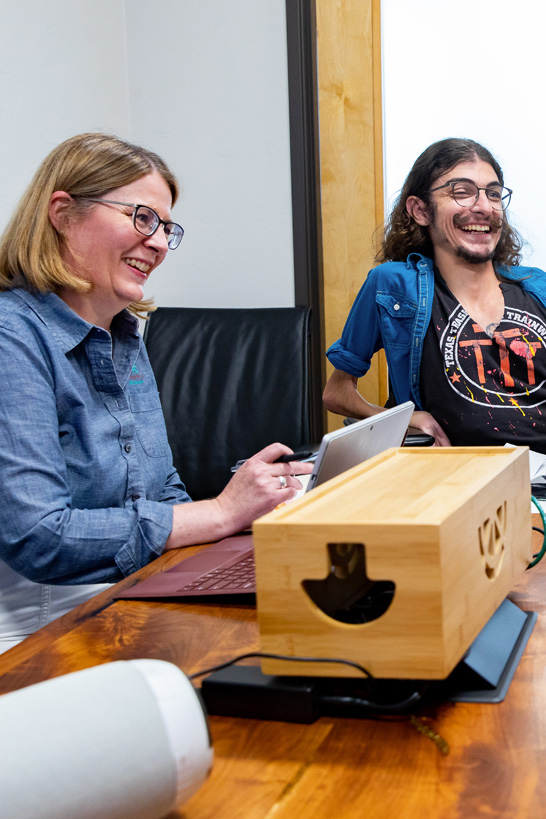
Public Benefits
Two common benefits that people with disabilities might receive are Medicaid and disability benefits. In Arizona, Medicaid care comes through the Arizona Health Care Cost Containment System (AHCCCS) or its long-term care subsidiary the Arizona Long Term Care System (ALTCS). Disability income can be from Supplemental Security Income (SSI) or Social Security Disability Income (SSDI) benefits.
Medicaid (including AHCCCS and ALTCS) and SSI are “needs based”; an applicant cannot receive benefits unless their income (and, in most cases, their assets) are below set amounts. For SSDI, the work history of the applicant or a family member – not their financial need – is the determining factor.
The interplay of these programs can be complicated and confusing. That is made worse when you consider other benefits like SNAP nutrition benefits, Section 8 housing, and Medicare Savings Programs (QMB, SLMB, QI or QDWI). Each benefits program has different eligibility requirements, and planning should consider them all.
Special Needs Trusts
A “special needs trust” is specifically designed to allow trust assets to be available for a beneficiary while preserving eligibility for the major needs-based government benefits, SSI and ALTCS.
There are two general categories of special needs trusts: third-party and first-party, self-settled trusts. Third-party special needs trusts are established by a person for the benefit of another person, while first-party special needs trusts are funded by an individual with a disability who is also the beneficiary. If someone who may receive a bequest from you has a disability, a special needs trust should be a part of your plan.
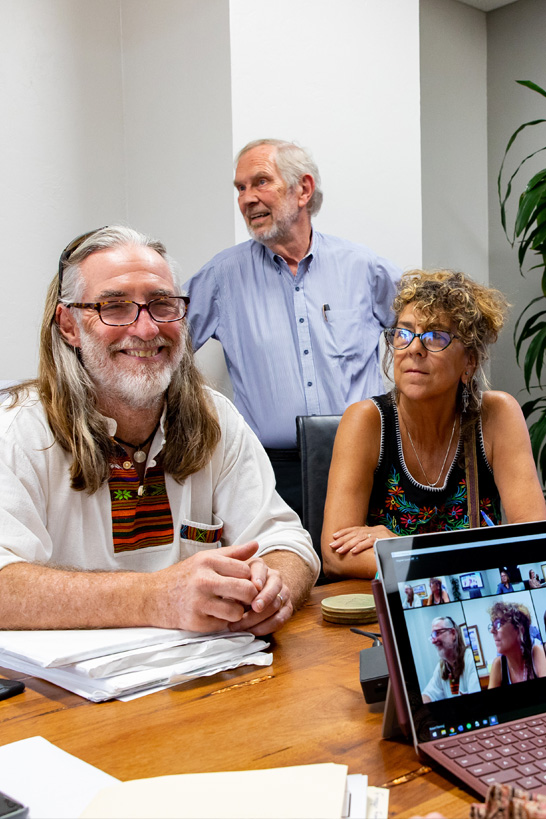
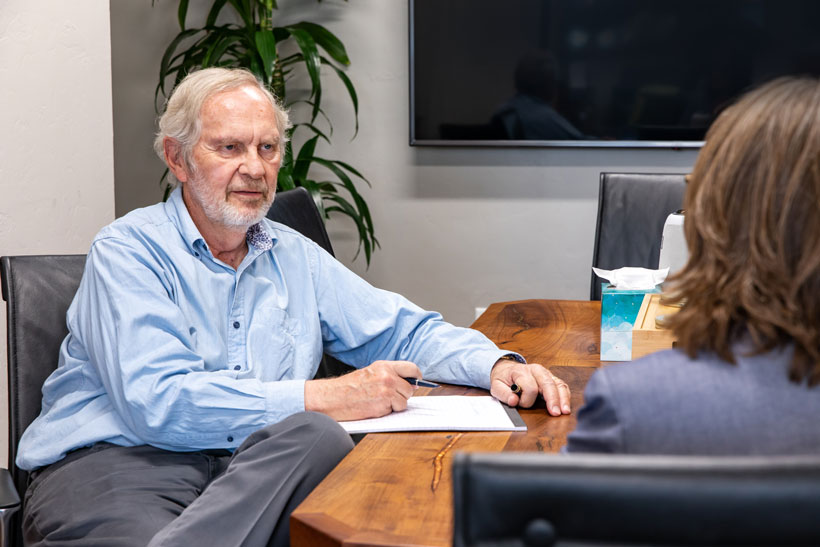
ABLE Act Accounts
The Achieving a Better Life Experience Act, also known as the ABLE Act, permits states to establish accounts for individuals with disabilities. Anyone who developed a qualifying disability before age 26 is eligible for an ABLE account. If the disabled individual cannot open the account themselves, an authorized legal representative can open one for them.
Contributions may be made to these accounts and the funds used for a wide variety of qualified purposes without endangering the account holder’s SSI or Medicaid. Although these accounts are easy to set up and use, there are limitations. One is that the total contributions for a year cannot exceed the annual gift tax exclusion for the year. If the account accumulates funds over $100,000, some benefits could be interrupted.
Guardianships and Conservatorships
If a person is unable to manage his or her affairs, a guardianship and/or conservatorship may be necessary, particularly if no prior estate planning was done. Both guardianship and conservatorship require court proceedings that limit an individual’s right to make their own decisions.
In Arizona, guardianships are often likened to a parent-child relationship; the guardian is responsible for most of the life decisions, including medical care and living arrangements. Under Arizona law, Conservators manage finances. Although guardians and conservators are the official deciders, they are required to promote the autonomy and independence of the people they serve, and further to terminate the protective arrangement if it is no longer needed.

I need help with:
How we're different
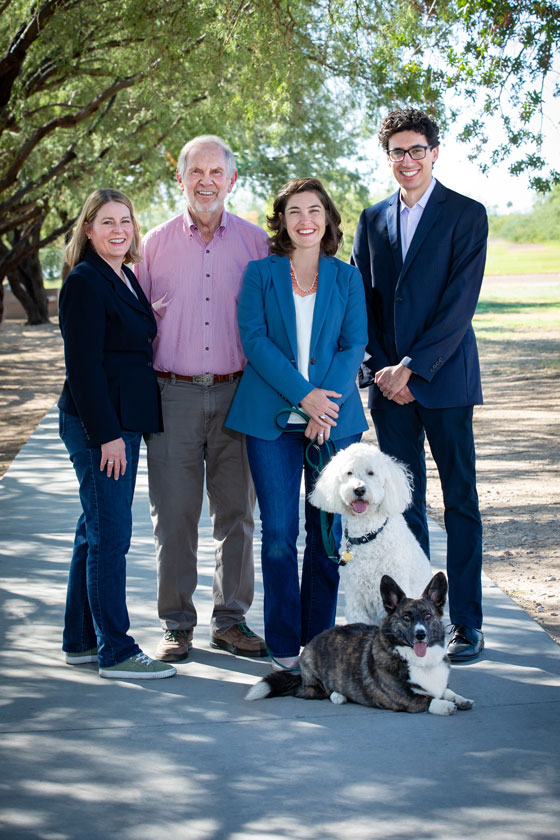
- Chris T
Podcasts
Subscribe to our Newsletter
Subscribe to our newsletter to get our takes on some of the situations families, seniors, and individuals with disabilities find themselves in. These posts help guide you in the decision-making process and point out helpful tips and nuances to take advantage of. Enter your email below to have our entries sent directly to your inbox!
